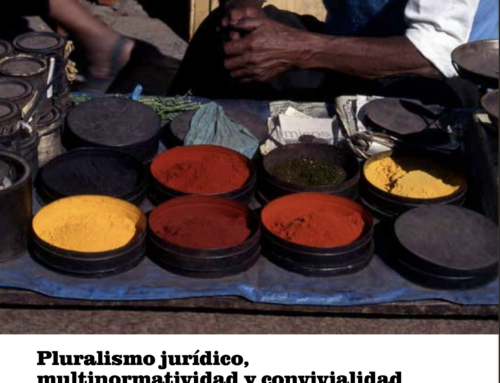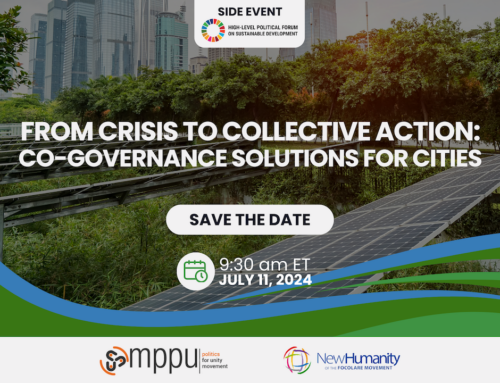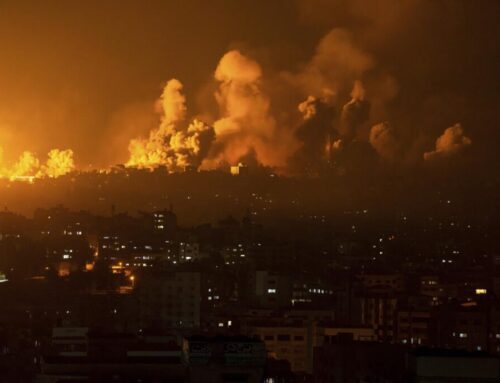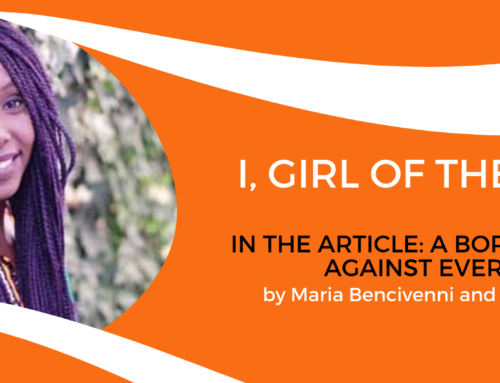Creatively globalizing multipolarity, and I wish to stress this creativity, calls for striving to create a constructive harmony, one free of those pretensions to power which, while appearing from a pragmatic standpoint to make things easier, end up destroying the cultural and religious distinctiveness of peoples.
To speak of European multipolarity is to speak of peoples which are born, grow and look to the future. The task of globalizing Europe’s multipolarity cannot be conceived by appealing to the image of a sphere – in which all is equal and ordered, but proves reductive inasmuch as every point is equidistant from the centre – but rather, by the image of a polyhedron, in which the harmonic unity of the whole preserves the particularity of each of the parts. Today Europe is multipolar in its relationships and its intentions; it is impossible to imagine or to build Europe without fully taking into account this multipolar reality.
The second challenge which I would like to mention is transversality. Here I would begin with my own experience: in my meetings with political leaders from various European countries, I have observed that the younger politicians view reality differently than their older colleagues. They may appear to be saying the same things, but their approach is different. The lyrics are the same but the music is different. This is evident in younger politicians from various parties. This empirical fact points to a reality of present-day Europe which cannot be overlooked in efforts to unite the continent and to guide its future: we need to take into account this transversality encountered in every sector. To do so requires engaging in dialogue, including intergenerational dialogue. Were we to define the continent today, we should speak of a Europe in dialogue, one which puts a transversality of opinions and reflections at the service of a harmonious union of peoples.
To embark upon this path of transversal communication requires not only generational empathy, but also an historic methodology of growth. In Europe’s present political situation, merely internal dialogue between the organizations (whether political, religious or cultural) to which one belongs, ends up being unproductive. Our times demand the ability to break out of the structures which “contain” our identity and to encounter others, for the sake of making that identity more solid and fruitful in the fraternal exchange of transversality. A Europe which can only dialogue with limited groups stops halfway; it needs that youthful spirit which can rise to the challenge of transversality.
ADDRESS OF POPE FRANCIS TO THE COUNCIL OF EUROPE Strasbourg, France tuesday, 25 November 2014





Leave A Comment